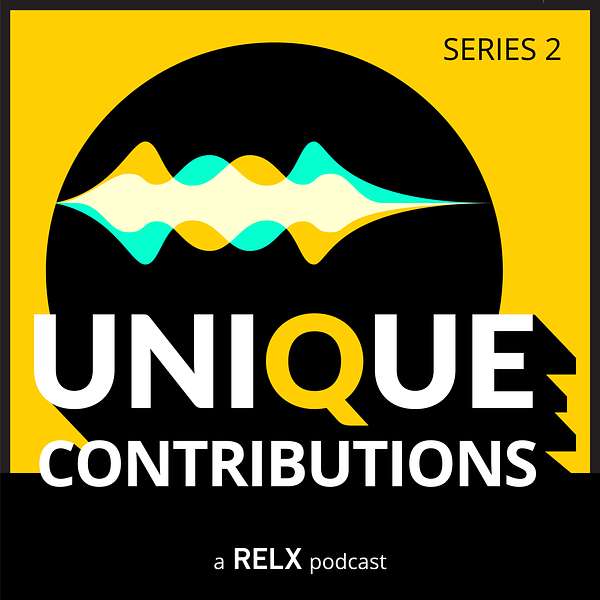
Unique Contributions
In each episode of Unique Contributions, we bring you closer to some of the most interesting people from around our business working on industry-shaping issues that matter. We explore how they and we collectively as a business, create a positive impact on society through our knowledge, resources and skills. This is what we call our “unique contributions”. Join our host YS Chi, director of corporate affairs at RELX and Chairman of Elsevier, as he dives deep into conversations with some of his friends and colleagues. Thank you to our listeners for tuning in. You can check back here for a new episode each week.
This podcast is brought to you by RELX, a global provider of information-based analytics and decision tools for professional and business customers, enabling them to make better decisions, get better results and be more productive. Our purpose is to benefit society by developing products that help researchers advance scientific knowledge; doctors and nurses improve the lives of patients; lawyers promote the rule of law and achieve justice and fair results for their clients; businesses and governments prevent fraud; consumers access financial services and get fair prices on insurance; and customers learn about markets and complete transactions. Our purpose guides our actions beyond the products that we develop. It defines us as a company. Every day across RELX our employees are inspired to undertake initiatives that make unique contributions to society and the communities in which we operate.
Unique Contributions
Race, racism and social justice
To mark the launch of our second series of Unique Contributions, YS Chi speaks with one of the most influential Blacks in corporate America, Femi Richards, about race, racism and social justice.
Femi has a courageous conversation about his personal and family experience of racism and what it means to him to be black in America today. As the co-founder and ex-president of the DC Chapter of the African Ancestry Network at RELX, he shares his thoughts on the efforts that are required to reaffirm the inherent values of all lives. He calls for everyone to join the conversation.
This podcast is brought to you by RELX.